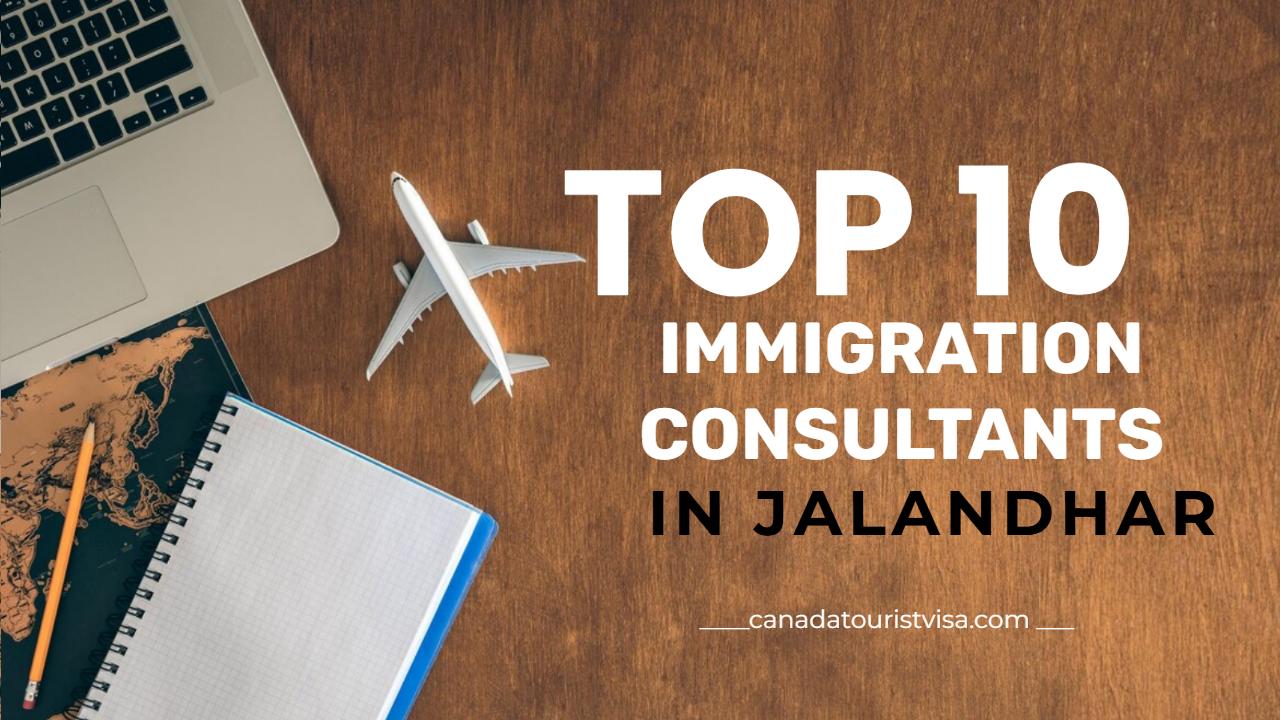For over 15 years, Canada has welcomed international students, offering them the opportunity to complete post-secondary programs and gain valuable work experience through the Post-Graduation Work Permit (PGWP). This policy has been instrumental in the significant rise in international student enrollment in Canada, making it a preferred destination for higher education. Canada’s Post-Graduation Work Permit Program
However, recent developments indicate that changes are on the horizon for the PGWP. Canada’s Immigration Minister, Marc Miller, has signaled impending reforms aimed at better aligning the program with the country’s labor market needs. Let’s dive into what these changes could mean for current and prospective international students.

The Current PGWP Framework
Under the existing PGWP policy, international students who graduate from a designated learning institution in Canada can apply for an open work permit. This permit allows them to work for any employer in Canada for up to three years, depending on the length of their study program. The policy has been incredibly flexible, with no restrictions on location or type of employment, nor requirements for a job offer or minimum income threshold. Canada’s Post-Graduation Work Permit Program
This flexibility has attracted a large number of students to short-term post-graduate diplomas and college programs, significantly contributing to the diversity and volume of international students in Canada.
Key Points About PGWP:
Eligibility:
Graduates from programs that are at least eight months long at designated learning institutions can apply.
Duration:
The permit’s duration depends on the length of the study program, ranging from eight months to three years.
Requirements:
Applicants must have been full-time students and at least 18 years old during their studies.
Special Considerations:
Spouses and common-law partners of PGWP holders can al
The Need for Change
An internal briefing document from Immigration, Refugees and Citizenship Canada (IRCC) has highlighted a dramatic 214% increase in PGWP participation from 2018 to 2023. This surge has prompted the Canadian government to reconsider the program’s alignment with labor market demands and immigration goals. The briefing suggests that reforms will aim to facilitate access to work permits for students entering high-demand occupations while limiting access for graduates from programs with lower labor market relevance.
The proposed changes are expected to be discussed in spring 2024, with implementation targeted for January 2025.
Potential Reforms to the PGWP
While the specifics of the reforms are not yet clear, several potential changes have been suggested:
Capping PGWP Participation:
One of the options on the table is to cap or limit the number of PGWPs issued. This could involve setting a maximum number of permits based on labor market needs.
Differentiated Work Terms:
The reforms might introduce different work permit durations based on the relevance of the graduate’s field of study to Canada’s labor market. Fields in high demand could see longer work permits, while those in lesser demand might receive shorter terms.
Job Offer Requirements:
Another possibility is requiring international graduates to secure a job offer in a high-demand occupation to qualify for a PGWP beyond one year.
New Eligibility Criteria:
Additional criteria, such as language proficiency or provincial support, might be introduced for PGWP holders seeking to extend their permits.
Stakeholder Consultations
In preparation for these reforms, the IRCC has conducted a survey among provincial and territorial governments, as well as peak bodies in Canada. The survey aims to gather insights on various aspects of the PGWP, including:
- Which occupations should be prioritized based on regional labor market needs?
- Whether certain cohorts, like francophone students or those in graduate degree programs, should be exempt from the changes.
- The potential impact of requiring a job offer for extending a PGWP.
- The feasibility of implementing changes immediately versus grandfathering current students.
- How frequently the occupational shortage list should be updated and applied to ongoing students.
- Alignment of the proposed changes with provincial nominee programs for long-term retention of international graduates.
The survey has sparked significant debate among educators and stakeholders, particularly regarding the timing of the changes and their potential impact on students currently enrolled in Canadian programs.
Preparing for the Future
As the Canadian government moves forward with its plans to adjust the PGWP program, Indian students must adapt to ensure they can still benefit from studying in Canada. Here are some steps to take:
Research Thoroughly:
Before choosing a program, research the current labor market demands in Canada.
Choose Wisely:
opt for specialized fields that are likely to remain in demand.
Stay Updated:
Regularly check for updates on immigration policies and PGWP regulations.
Consult Experts:
Seek advice from education consultants and immigration e
Implications for International Students
The proposed changes could have a profound impact on international students planning to study in Canada. Immediate implementation of new policies could create uncertainty and disrupt the plans of students who have already made significant investments in their education.
For those considering studying in Canada, it is crucial to stay informed about the upcoming changes and understand how they might affect your post-graduation work opportunities. Despite the potential challenges, Canada remains a top destination for international students due to its high-quality education system, diverse culture, and opportunities for career growth.
Contact Us for Free Expert Advice
Navigating the complexities of studying and working in Canada can be challenging, but you don’t have to do it alone. we specialize in helping students secure tourist visas, study permits, and work permits. Our team of experts is here to provide you with free advice and support every step of the way. Contact us today to learn more about how we can help you achieve your dreams of studying and working in Canada.
Disclaimer: This blog post is for informational purposes only and does not constitute legal advice. Policies and regulations are subject to change, and it is important to consult with an immigration professional for the most up-to-date information. Source: monitor.icef.com
Canada Sees Employment Boost: 27,000 New Jobs Added in May 2024
Also read:
- Top 10 Trusted Immigration Consultants in Jalandhar for Study, PR & Visitor Visas (2025)
- The Comprehensive Guide to Express Entry: Who Can Apply for Immigration to Canada?
- Canada Immigration Fees Increased Effective December 2024: Key Updates You Must Know!
- How Long Can I Stay in Canada as a Visitor?
- In-Depth Guide to Finding Part-Time Jobs in Canada















